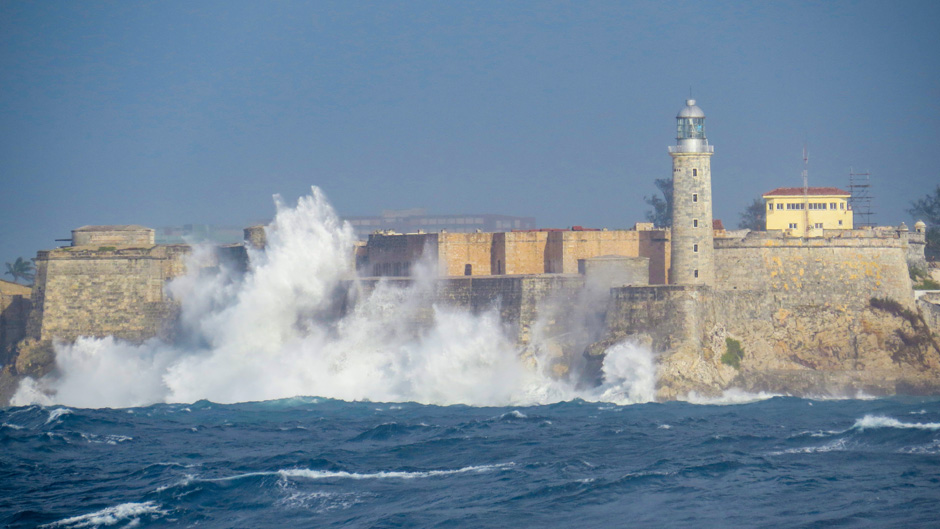When Cubans took to the streets of several cities last July 11 protesting the government and asking for basic human rights, their shouts of “Libertad” were heard worldwide.
The images of those mass demonstrations flooded social media thanks to the internet—which also allowed civic groups from Havana to Oriente Province to pass on the word about the upcoming demonstrations. In retaliation, the Cuban government quickly curtailed access to the internet.
Usage of the Web on the island and the increase of discourse around legal issues are two of the themes that will be explored during the fourth New Directions Conference, sponsored by the Cuban Heritage Collection of the University of Miami Libraries.
“As in previous years, we received a great number of interesting submissions,” said Elizabeth Cerejido, Esperanza Bravo de Varona Chair and director of the Cuban Heritage Collection. “What is fascinating about this year is the number of proposals that address topics that are relevant to what is happening on the island today: the role of social media, the emergence of new subjectivities, the concept of ‘virality,’ etc.”
In addition to panels that will explore these issues current to Cuba, there are several presentations that will also address topics from prerevolutionary Cuba. And these are revisited through a contemporary, interdisciplinary lens, offering continuities with the past as much as providing a critical perspective and insight about the present, Cerejido noted.
“Finally, we had a significant number of entries that focus on film and media studies, which signals a growing interest among emerging scholars. Together they reveal what is trending in the field, which is the main goal of the conference,” Cerejido added.
The three-day conference will take place via Zoom from Oct. 27 through Oct. 29. This year, the symposium has partnered with Harvard University’s Cuba Studies Program, headed by Alejandro de la Fuente. This association reinforces the importance of this conference and the role it has in advancing innovative scholarship on Cuba and its global diaspora, according to Cerejido.
Michael Bustamante, the Emilio Bacardi Moreau Chair in Cuban and Cuban American Studies and associate professor, said the New Directions Conference is unique because “it provides an opportunity to hear rising voices in the field. Together with the Goizueta Fellowships—many of whose recipients return to participate in this conference—it also helps position the University of Miami as an incubator of cutting-edge research on Cuba and the Cuban diaspora."
Drawing more than 25 scholars from institutions such as the University of Louisville, Barnard College, and the University of Illinois at Chicago, the conference has become one of the premier meeting places for top Cuban scholarship.
Cerejido noted that the conference topics, which come from the papers submitted by scholars, serve as a bellwether of what areas are relevant to the Cuban scholarship community.
“It helps us prioritize our strategy to collect material for the collection,” she said. “It is also an opportunity in keeping the collection relevant and up to date and helps us stay in touch with the actors in the field who are advancing these ideas.”
The panel “Legal Cultures/Legal Citizenship” will give a historical perspective on the law in countries that have undergone revolutions and also delve into the growing interest of legality within the Cuban populace, she said.
“The recent unprecedented protests at a massive scale in Cuba reveal not only that Cubans are no longer afraid of voicing their grievances or demand social change, but that they have rights as citizens,” said Cerejido. “Social change is not so elusive or abstract anymore.”
Ada Ferrer, Julius Silver Professor of History and Latin American and Caribbean History at New York University, will give the keynote speech. In her lecture, she will talk about her book “Cuba: An American History,” an epic account of the history of Cuba and its complex ties to the United States.
Other panels will cover migration, the arts, and the role of race in the dissident movement on the island. View a complete list of events and register for the online conference.

